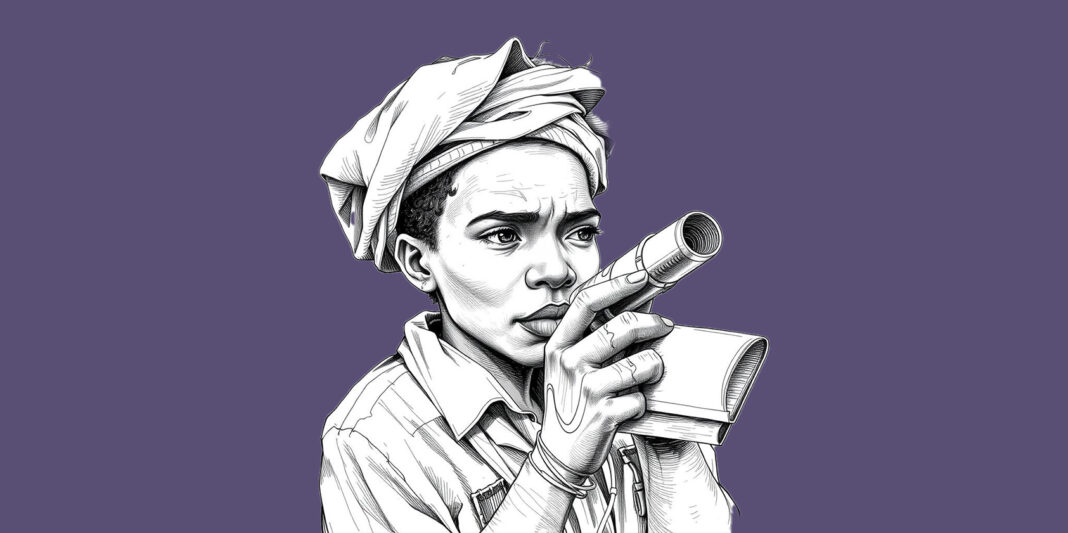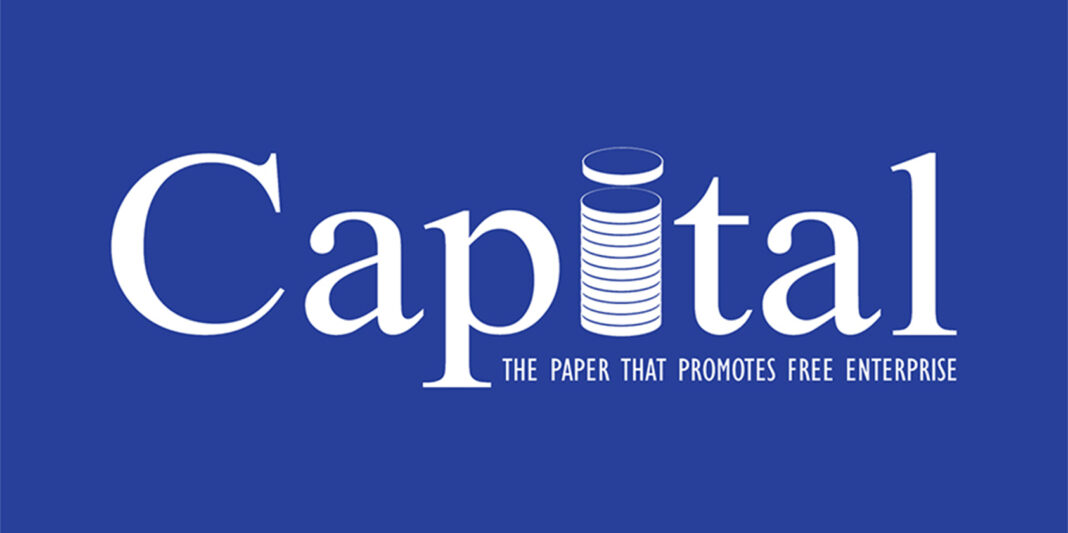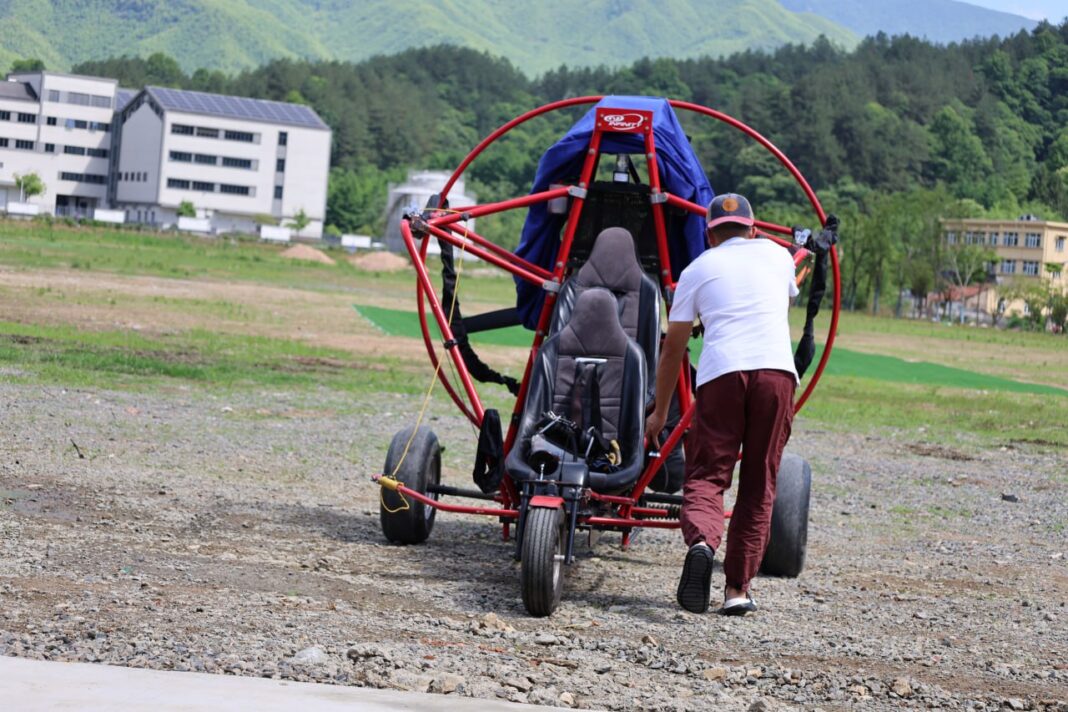In recent months, Ethiopia has witnessed a disturbing surge in the arrests of journalists, media professionals, and human rights advocates. The pattern of arbitrary detentions, enforced disappearances, and systemic censorship raises serious questions about the government’s commitment to freedom of expression and democratic openness. Yet, as critical as these developments are for the journalistic community and society at large, it is important to emphasize one overarching truth: arresting journalists will never be a solution to any of the country’s challenges.
The role of the press is to scrutinize power, expose wrongdoing, and offer citizens truthful information. In a democracy, this role is not optional—it is essential. Attempts to silence journalists through harassment, imprisonment, and intimidation are a sign of weakness, not strength. They reveal a government unwilling or unable to justify its actions in the court of public opinion. Worse, such repression undermines the very foundations of governance and social trust.
Ethiopia’s history of fluctuating media freedom encapsulates the complex challenges facing many transitional societies. When Prime Minister Abiy Ahmed came to power in 2018, his accession to office raised hopes for a new age of openness. Political prisoners were freed, exiled journalists returned, and Ethiopia even hosted World Press Freedom Day in 2019. But this hopeful moment was short-lived. With the onset of conflict and political tension, the space for independent journalism rapidly shrank, and repression steadily mounted.
In 2025 alone, numerous instances highlight the alarming trend. Journalists reporting on sensitive issues, such as health sector strikes or allegations of human rights abuses, have faced arrest. Media outlets broadcasting stories critically examining government actions have endured raids, forced content removal, and suspension. Some journalists have been abducted, held incommunicado, or subjected to protracted detention without due process. Courts have been used not merely to adjudicate but as instruments to extend punitive measures against the press.
Such government behavior is not only a violation of international human rights norms but also counterproductive. It prevents a nation from confronting and resolving the deep-rooted social, economic, and political problems it faces. When journalists are muzzled, misinformation fills the vacuum. Public discourse becomes polarized, and grievances fester unaddressed. Moreover, repression triggers self-censorship, causing even the most principled reporters to withhold important stories out of fear.
Critics might argue that curtailing the media is necessary to maintain national security, social harmony, or political stability. Yet history teaches us that censorship and coercion breed long-term instability, undermining sustainable development and social cohesion. Ethiopia is at a critical juncture ahead of its 2026 elections—a moment that demands transparency, robust debate, and the free flow of information.
Society benefits when journalists are free to ask hard questions and hold institutions accountable. Investigative reporting plays a vital role in uncovering corruption, exposing abuses, and promoting justice. The public deserves access to news that is accurate, diverse, and independent. Without it, democracy is hollow, and governance becomes opaque and unresponsive.
Moreover, press freedom is a cornerstone of global legitimacy. Countries that restrict media risk isolating themselves diplomatically and economically. International partners look for signs of open society and rule of law when deciding on aid, investment, and cooperation. Ethiopia’s international standing—and ultimately its prosperity—depends on respecting and protecting journalists’ rights.
What, then, is the alternative to arrests and repression? The answer lies in embracing an open, tolerant, and responsive governance culture that recognizes the media as a partner rather than an adversary. Governments should engage constructively with journalists, improve access to official information, and establish transparent legal frameworks that protect the press while ensuring accountability.
This means repealing or reforming restrictive laws that criminalize journalism on vague charges such as “hate speech,” “false information,” or “terrorism.” It requires independent and impartial media regulatory bodies, safeguards for digital freedoms, and a commitment to cease violent intimidation and unlawful detentions. Equally important is investing in journalistic capacity-building, ethical standards, and infrastructure so that media workers can report responsibly and effectively.
Civil society, professional associations, and international organizations play a crucial supportive role. They should provide training, legal aid, and solidarity networks to shield journalists from harm. Awareness campaigns can help citizens value and defend press freedom as a public good. Together, these efforts nurture a resilient media ecosystem that serves both democracy and development.
Fortunately, amidst the crackdown, there remain “sparks of hope” in Ethiopia’s journalism landscape. Some reporters continue to produce brave investigations, shining light on corruption, conflict, and social injustice. Regional and global journalism networks have translated resources into local languages, fostering knowledge exchange and cross-border collaboration. These glimmers demonstrate that despite repression, the spirit of free journalism endures.
Silencing journalists through arrests will never solve Ethiopia’s challenges—it only deepens mistrust, weakens institutions, and closes off pathways to progress. The government would do well to heed calls from rights groups, the international community, and its own citizens to restore media freedom and protect journalists. Doing so not only honors universal principles but strengthens Ethiopia’s foundation for peace, justice, and sustainable development in the years to come.
The future of a democratic Ethiopia depends on it.







